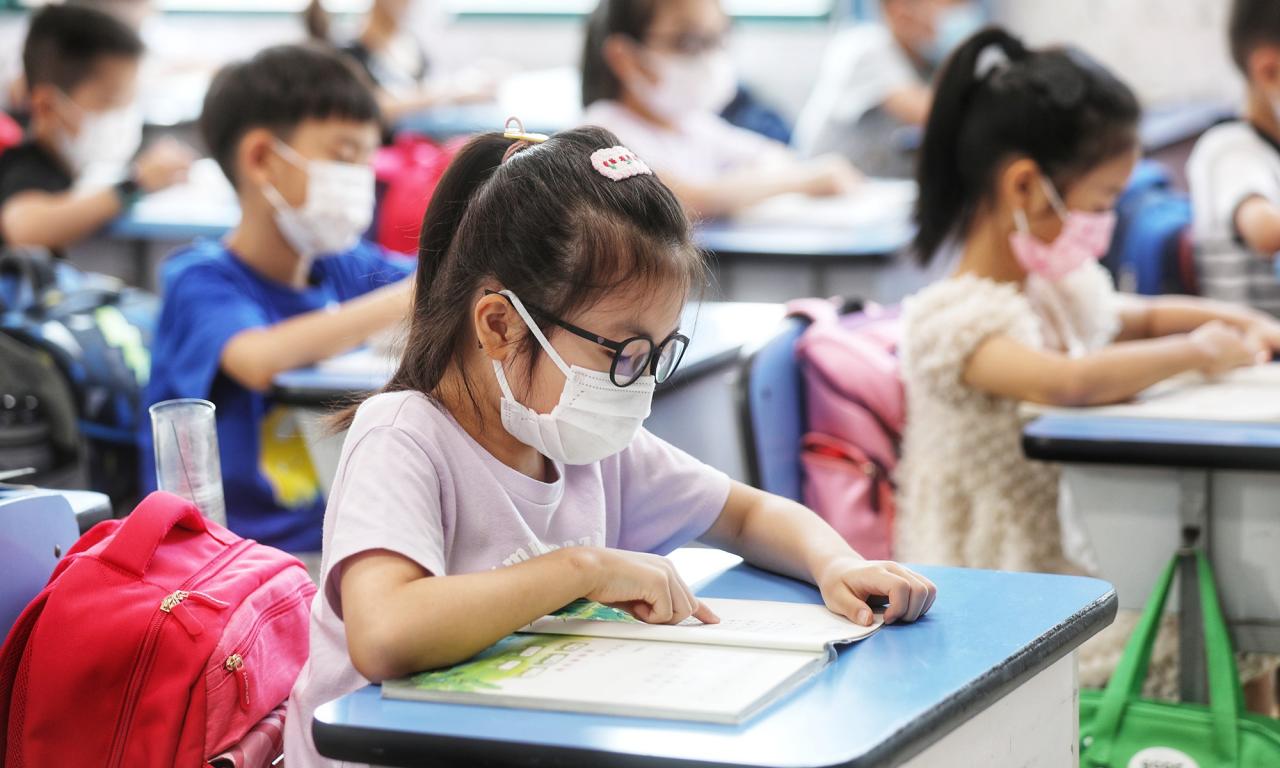China’s Ministry of Education stops organizing Cambridge English exams
教育部考试中心停办剑桥英语五级考试

China’s Ministry of Education announced on Wednesday that it decided to stop organizing the Main Suite Exams (MSE), a worldwide recognized English qualification designed by Cambridge Assessment English, a non-teaching department of the University of Cambridge.
Cambridge Assessment English said that it will adopt new measures to serve test applicants in an announcement released on Wednesday. It also confirmed that there will be testing this year.
The fact that the Ministry of Education is no longer organizing the MSE may be a sign from the Chinese government to discourage students and their parents from giving too much importance to off-campus examinations, according to some education experts.
The MSE has been widely recognized in higher education institutions around the world and is dubbed as the “little IELTS” in China. It includes five levels of exams, from basic English skills to full proficiency.
Among them, the Cambridge Key English Test (KET) and the Cambridge Preliminary English Test (PET) are especially popular in China and have attracted numerous young learners, particularly Chinese primary and secondary school students. Many students and parents view the tests as a useful proof on English proficiency and a stepping stone for primary school students to enter junior high school.
However, Xiong Bingqi, director of the 21st Century Education Research Institute in Beijing, noted that KET and PET tests, though very popular among Chinese primary and secondary school students, actually have little to do with students’ performance to enter a higher school.
“Chinese laws and regulations ban public schools from hooking up scores of off-campus examinations or competitions to candidates’ performances,” Xiong said.
The number of KET and PET applicants has doubled every year in China since 2016, reports indicate. In 2016, about 20,000 applicants registered for the exam nationwide but in just four years, the number has exceeded 150,000, China Central Television reported in October 2019.
Instead of overly stressing over such tests, the worried Chinese parents should pay more attention on the comprehensive development of children’s physical and mental health, as well as the cultivation of their personal interests, Xiong noted.



-150x150.jpg)




